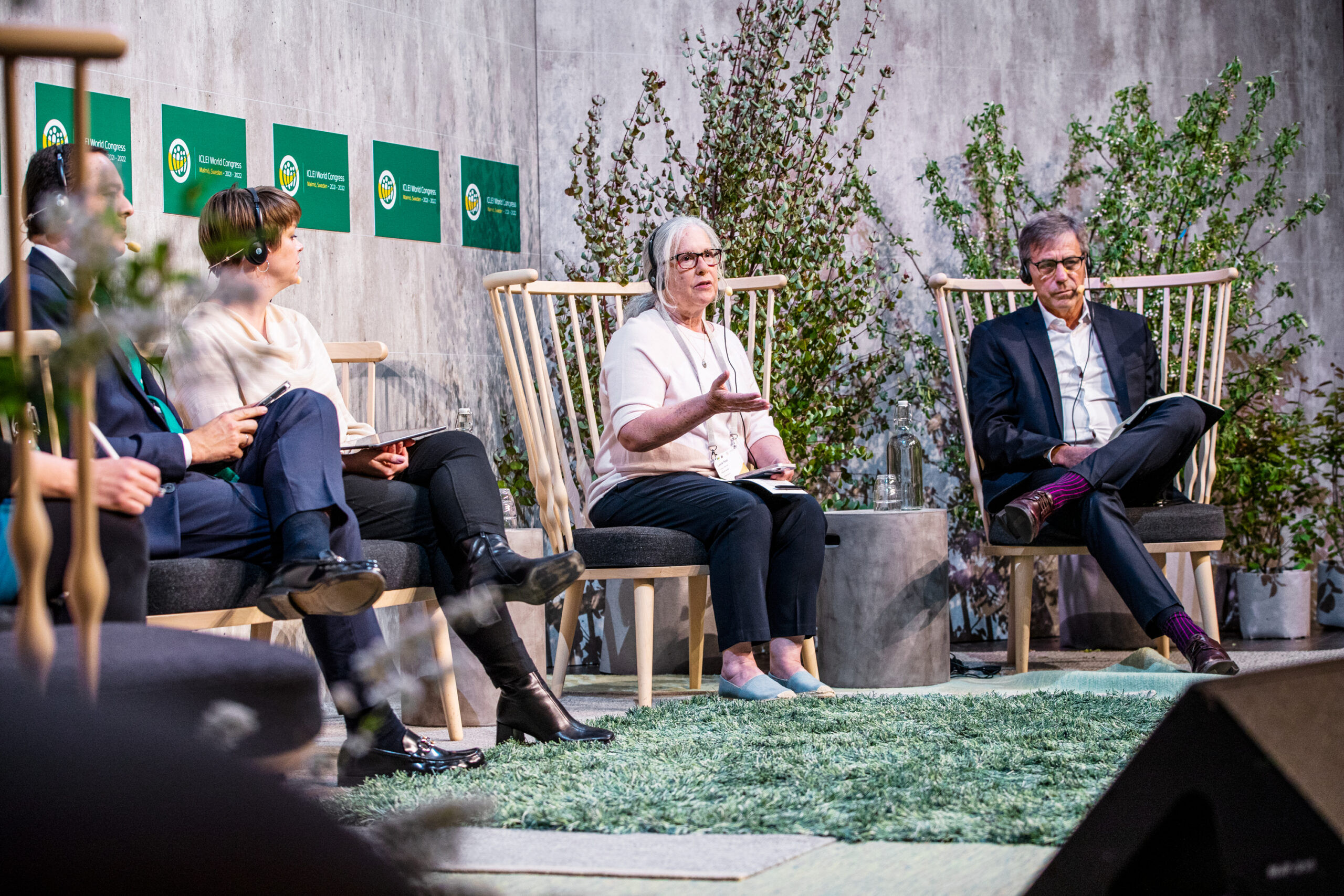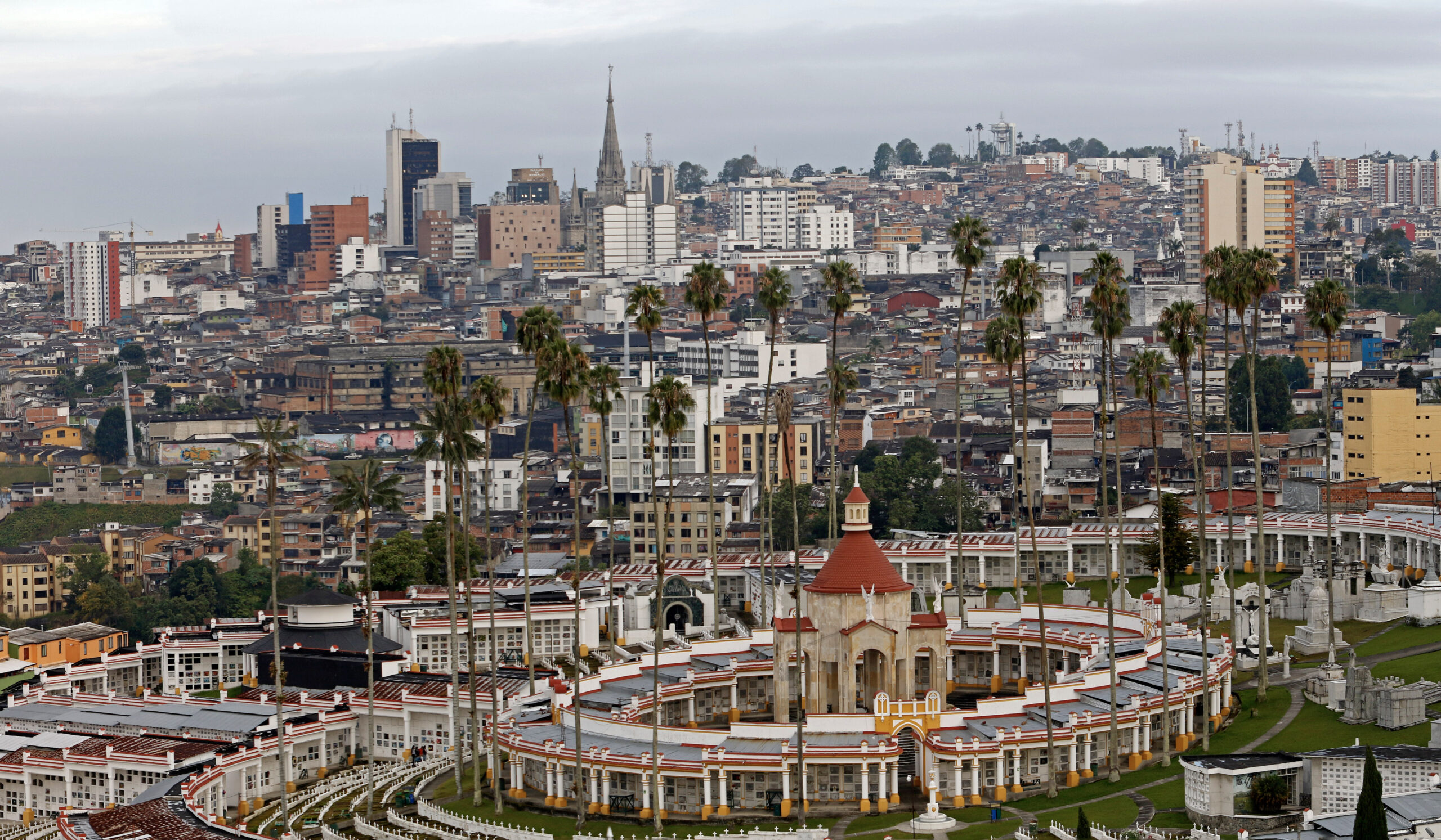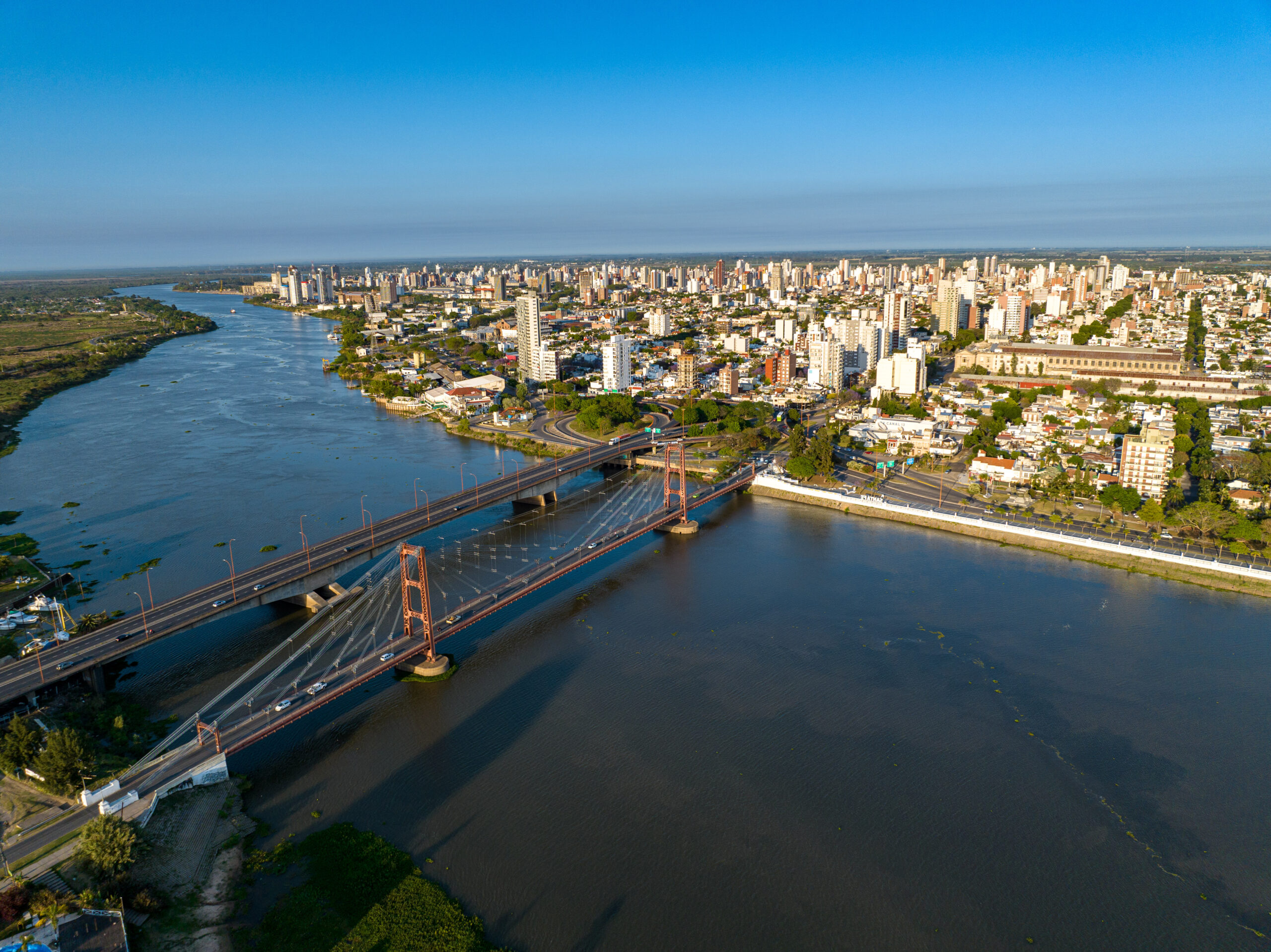
About
The Malmö Commitment positions local and regional governments at the center of the global response to today’s challenges by encouraging sustainable approaches, innovation, adaptability, participation, and inclusiveness in policy-making to tackle the current climate and nature emergencies and by embedding social equity at the core of their local sustainable development.











